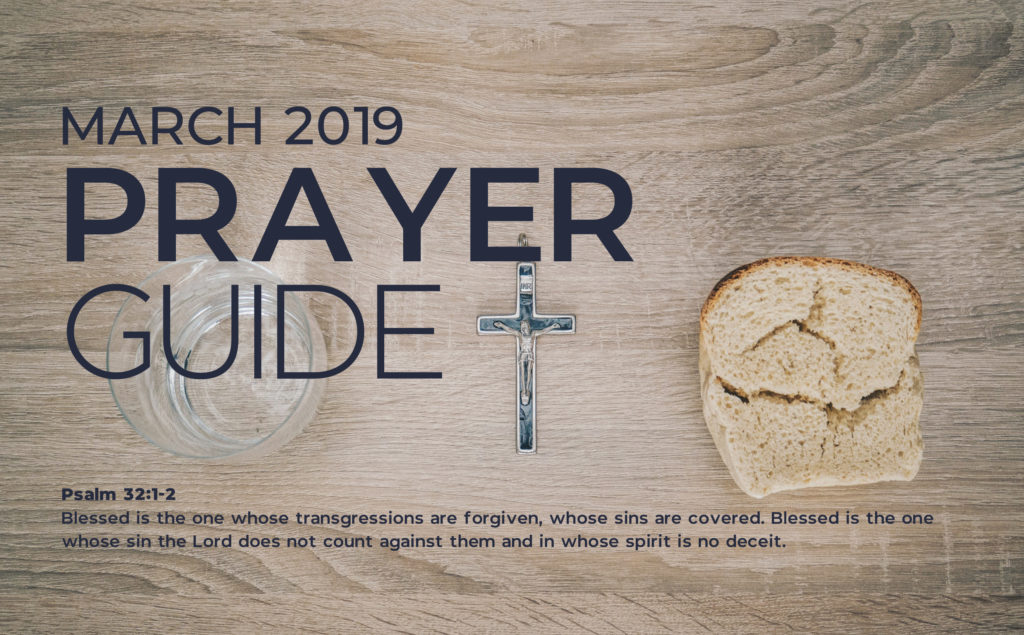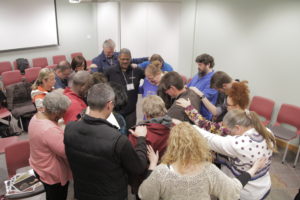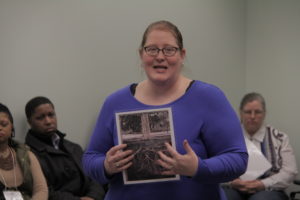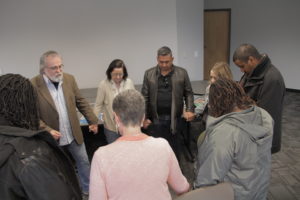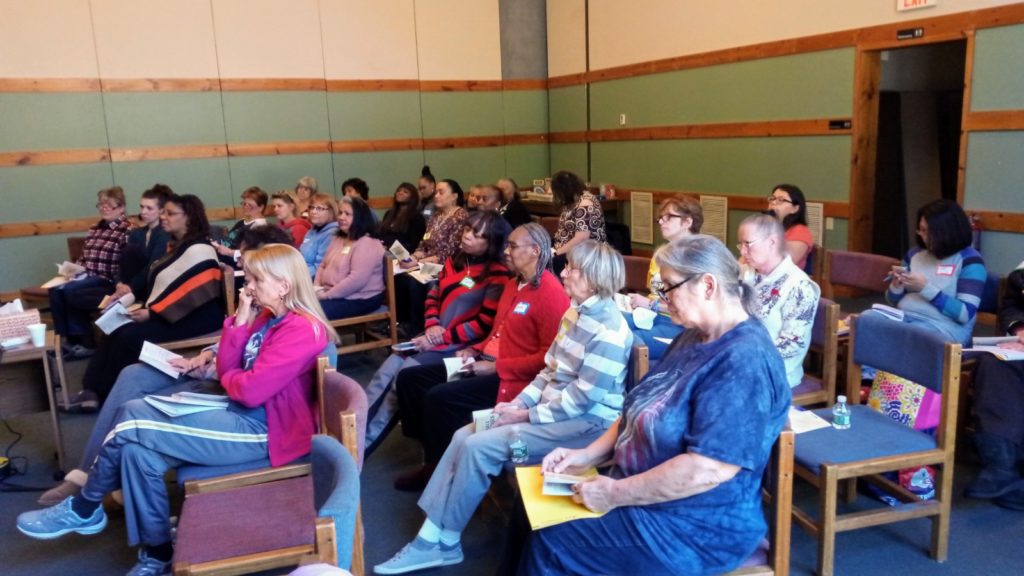Dear GCI Family and friends,

There are many people serving in ministry who are motivated by what may be called “good intentions.” What they may not realize is their good intentions may not fall in line with what Jesus exemplified for us in ministry. This can be the cause of much frustration in ministry.
We all realize people have inherent needs, and many go into ministry with the high aspiration of helping people in need. Some even go so far as entering ministry because they need to feel needed. Frustration occurs when you realize you aren’t enough – you can’t meet all the needs of all the people in your congregation, and you can’t have your own needs met. This is true whether you have 500 people to serve or 10 people. Don’t be discouraged, though—many in ministry face this at some point. Frustration can easily lead to burnout. If you are feeling this way, please talk to someone. You’ll realize you are not alone.
Part of the problem is that our good intentions can be founded on something other than Jesus. This happens when we believe – or are made to believe – that we should have all the answers, or that no one else can do the job as well as we do it. Statements such as, “You are the best pastor we’ve ever had and you have saved my life” or, “I don’t know what I’d do without you – don’t ever leave or stop being our ministry leader” can produce what is called the “Savior Complex” – the tendency to seek people who desperately need help and to assist them, often by sacrificing your own needs.
While this may sound noble, there are some real problems. First, the person being helped soon comes to expect the attention and help and does not take responsibility for their own circumstances. Second, the leader is taking on the role of savior that can only be filled by Jesus. As GCI pastors and elders, we don’t want members to view us as their rescuer; we are elders called to serve. We want them to always look to Jesus. We can listen, visit, encourage, teach, coach and pray with members, but we cannot do what Jesus does. He is the one who heals, redeems, forgives and saves.
Many of us have fallen into this way of thinking at some point in ministry. Don’t get discouraged or lose hope if the Holy Spirit is pricking your heart right now. Healthy church begins with healthy leadership, and our goal is to help all become the best expression of health we can be. To be healthy, we need to understand some of the pitfalls we face.
At the heart of the savior complex is the ugly human expression of pride. Pride is what causes us to stumble and fall (Proverbs 16:18). Pride, or arrogant eyes, is one of the seven things that God hates (Proverbs 6:16-19). Pride was the undoing of Lucifer, and it is a subject worthy of our attention.
Pride seeks out the chief seats and the attention of the important people. In the British comedy series “Keeping Up Appearances,” Mrs. Hyacinth Bucket (pronounced Bouquet) is constantly trying to gain social status and become part of the social elite. Unfortunately, she commits faux pas after faux pas and each episode revolves around her latest. The real tragedy is that her actions cause her to look past, or step on the weak and the less popular on her journey toward high society. We watch the show and laugh, while mindlessly getting drawn into the practice of being a respecter of persons. Pride wins the day.
The sickness of pride also causes us to dwell on the shortcomings of others – often with contempt, irritation, frustration, or judgment. When we do this, we are looking on them as Paul says in 2 Corinthians 5:16 “from a worldly point of view,” and not seeing them as other human travelers who are also under the shed blood of Jesus. This doesn’t mean we don’t acknowledge and work through challenges and misunderstandings with our brothers and sisters, but we do so with Jesus in the bigger picture.
Recognition and confession of pride is the beginning of the healing process. While it seems to be easy to see pride in others, pride within ourselves is not so readily identified. Pride is insidious; it is the fuel that fills our earnest need for attention and respect, and therefore it is hard to detect its stronghold in our lives. Pride has an insatiable hunger for attention and respect; it’s easy to be fooled and call this an internal drive. (I see it more frequently in myself than I want to admit)
One of the greatest pitfalls is that pride is the enemy of humility and teachability. We use the adjective “stubborn” to describe pride because it is hard to shake off.
In the October meetings with our GCI leaders we focused on how our roles are to be as “bond-servants”; not thinking of ourselves as executives or superiors. We don’t ever want to be filled with anything but humility and love for others. We often pray together for God’s intervention and blessing.
Even if this does not seem like a battle you are fighting, please swallow any pride and join me in setting this matter in its proper place – before the eternal throne of justice and mercy. Let’s confess and pray the words of David recorded in Psalm 139:23-24:
Search me, O God, and know my heart! Try me and know my thoughts! And see if there be any grievous way in me and lead me in the way everlasting!
May we be humble and teachable people in GCI as we continue our quest for Healthy Church!
Always praying for humility,
Greg Williams





